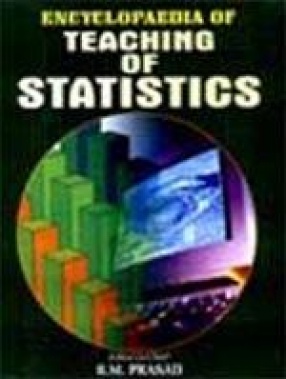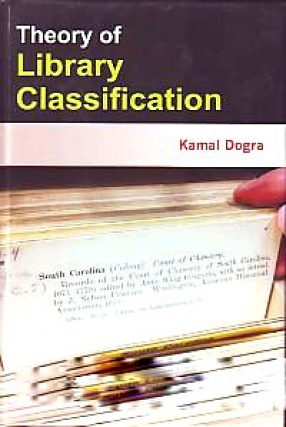Statistics is the science of collecting, analyzing, presenting, and interpreting data. Governmental needs for census data as well as information about a variety of economic activities provided much of the early impetus for the field of statistics. Currently the need to turn the large amounts of data available in many applied fields into useful information has stimulated both theoretical and practical developments in statistics. Data are the facts and figures that are collected, analysed, and summarized for presentation and interpretation. Data may be classified as either quantitative or qualitative. Quantitative data measure either how much or how many of something, and qualitative data provide labels, or names, for categories of like items. Sample survey methods are used to collect data from observational studies, and experimental design methods are used to collect data from experimental studies. The area of descriptive statistics is concerned primarily with methods of presenting and interpreting data using graphs, tables, and numerical summaries. Methods of probability were developed initially for the analysis of gambling games. Probability plays a key role in statistical inference; it is used to provide measures of the quality and precision of the inferences. Many of the methods of statistical inference are described in this work. This work encompasses encyclopaedic information Statistics, which will prove vade mecum to one and all.
Encyclopaedia of Teaching of Statistics (In 2 Volumes)
In stock
Free & Quick Delivery Worldwide
reviews
Bibliographic information
Title
Encyclopaedia of Teaching of Statistics (In 2 Volumes)
Author
Edition
1st ed.
Publisher
ISBN
9788126113866
Length
viii+290p.; viii+291-584p., 25cm.
Subjects





There are no reviews yet.